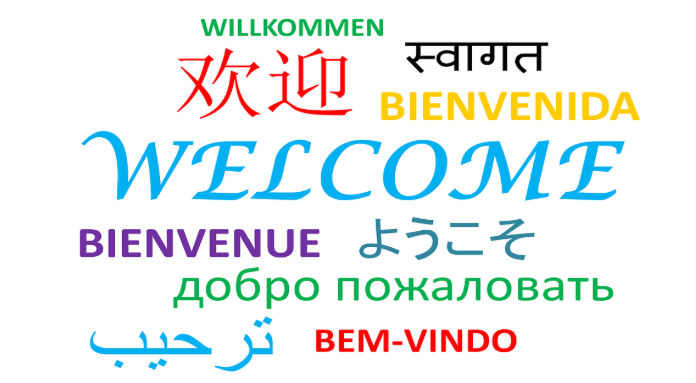Why Should Every Student Learn a Foreign Language?
Every student should learn a foreign language not just to meet academic requirements, but to develop skills and perspectives that will serve them throughout life.
20-06-2025Imagine knowing how to say “thank you” in Japanese (arigatou) but bowing incorrectly, oops!
The 5 Cs of language learning, as defined by the American Council on the Teaching of Foreign Languages (ACTFL), provide a framework for learners to develop their language skills and achieve linguistic excellence. To truly master a new language, learners need a comprehensive approach that integrates communication, culture, and critical thinking. Think of them as your compass, map, backpack, snacks, and best travel buddy on this journey. In this article, we'll explore the 5 Cs and how they can help language learners achieve their goals.
At the heart of language learning is communication, the ability to convey and understand messages in the target language. Communication is the first and most important “C.” This involves developing skills in listening, speaking, reading, and writing. Communication goes beyond just producing correct sentences; it requires learners to express ideas, ask questions, share opinions, and interact in real-life contexts. Don’t wait to be perfect. Language fluency grows from real conversations, not from memorising grammar rules in silence.
Words are only half the story. Imagine knowing how to say “thank you” in Japanese (arigatou) but bowing incorrectly, oops! You might confuse or even offend someone. Culture gives language its flavour, gestures, humour, and context. Its knowledge includes traditions, social norms, values, history, and customs of the people who speak the language. Watch movies, listen to music, or cook a traditional dish from your target culture, and you’ll learn language without even realising it.
Languages don’t exist in isolation. They connect to science, history, art, business, and your personal life. For example, reading a novel in the target language or studying scientific concepts through language instruction broadens learners’ academic horizons while developing vocabulary and comprehension. Building these connections supports cognitive growth and motivation.
To better understand a new language, learners benefit from making comparisons between their native language and the target language. Every time you compare your target language with your own, you sharpen your brain. Why does French put adjectives after nouns? Why does Yoruba rely on tone to change meaning? Why does English have so many irregular verbs? Making comparisons helps you notice patterns and develop a deeper appreciation for all languages, including your own.
The more you join communities of speakers, the faster (and more fun) your progress becomes. This could mean joining a Spanish study group, chatting in an online Mandarin forum, or even practising Yoruba proverbs with your grandmother. Communities give you encouragement, correction, and the feeling that you belong, even before you’re fluent.
The 5 Cs of Language Learning - Communication, Culture, Connections, Comparisons, and Communities aren’t just academic jargon. They’re the fuel that keeps your language engine running. Embracing the 5 Cs will deepen your understanding and enjoyment of the language journey.
Spread the Knowledge! 🚀
Found this article useful? Click the Share button below and let others benefit too!

Every student should learn a foreign language not just to meet academic requirements, but to develop skills and perspectives that will serve them throughout life.
20-06-2025
Learning two languages at once isn’t for the faint of heart, but with smart planning and mindful practice, it’s doable.
23-04-2025
There’s no shortcut to speaking a second language without having a good amount of vocabulary in the target language.
15-02-2025